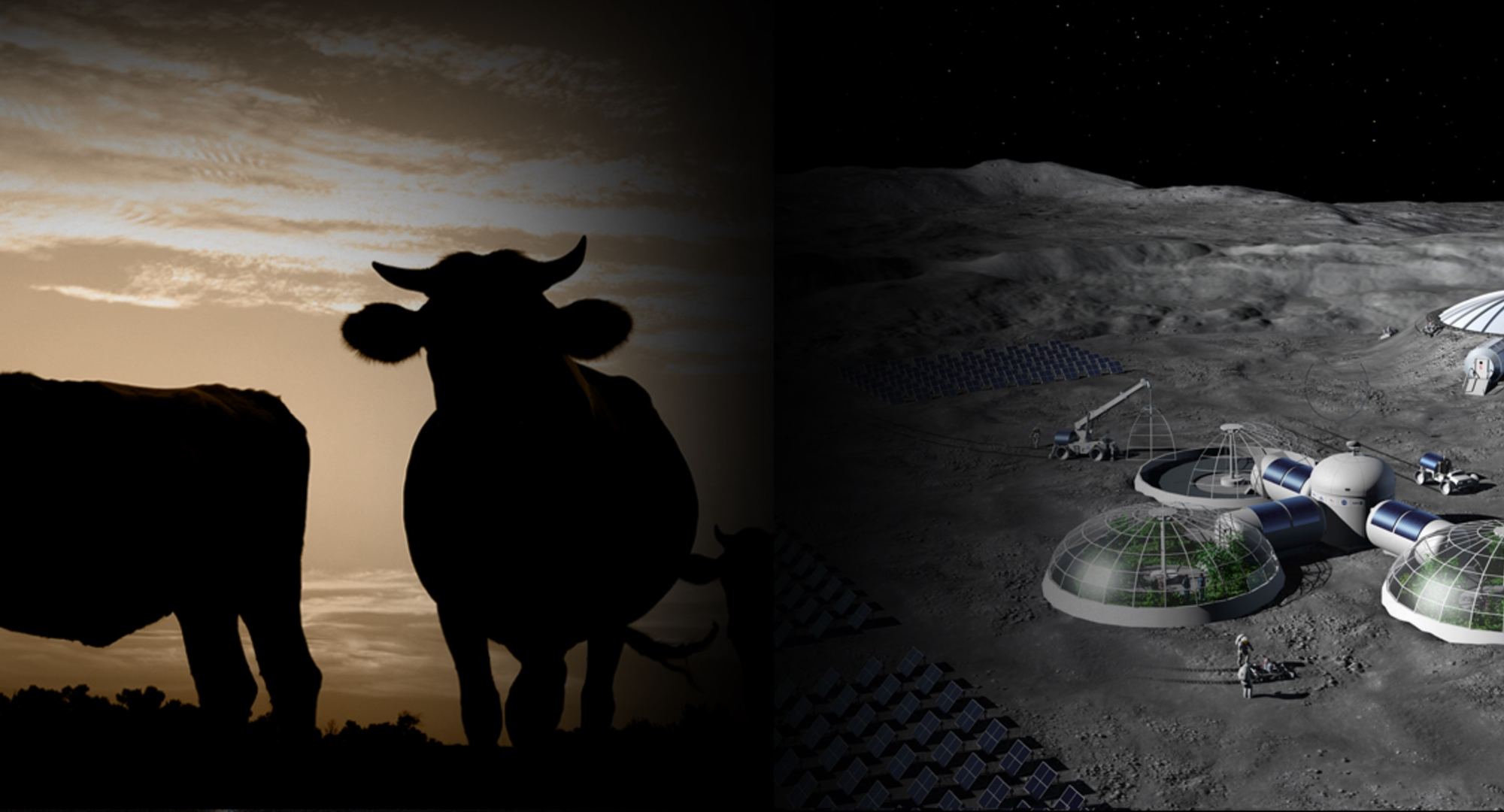In 2015, the United Nations adopted the 2030 Agenda for Sustainable Development—the Sustainable Development Goals (SDGs)—a universal call to action to protect the planet for future generations and ensure that all people will enjoy peace and prosperity. These 17 goals included the elimination of poverty, hunger, and inequalities, the promotion of education, and the promotion of sustainable development worldwide. With the rapid development in Low Earth Orbit (LEO), there are growing concerns that an 18th SDG should be adopted for space.
This goal calls for the sustainable use of Earth’s orbit by space agencies and commercial industry and the prevention of the accumulation of space junk. This has become a growing problem in recent years thanks to the deployment of satellite mega-constellations and the “commercialization of LEO.” In a recent study led by the University of Plymouth, a team of experts outlined how the lessons learned from marine debris mitigation could be applied to space so that future generations can live in a world where space truly is “for all humanity.”
Continue reading “It's Time for Sustainable Development Goal for Space”

